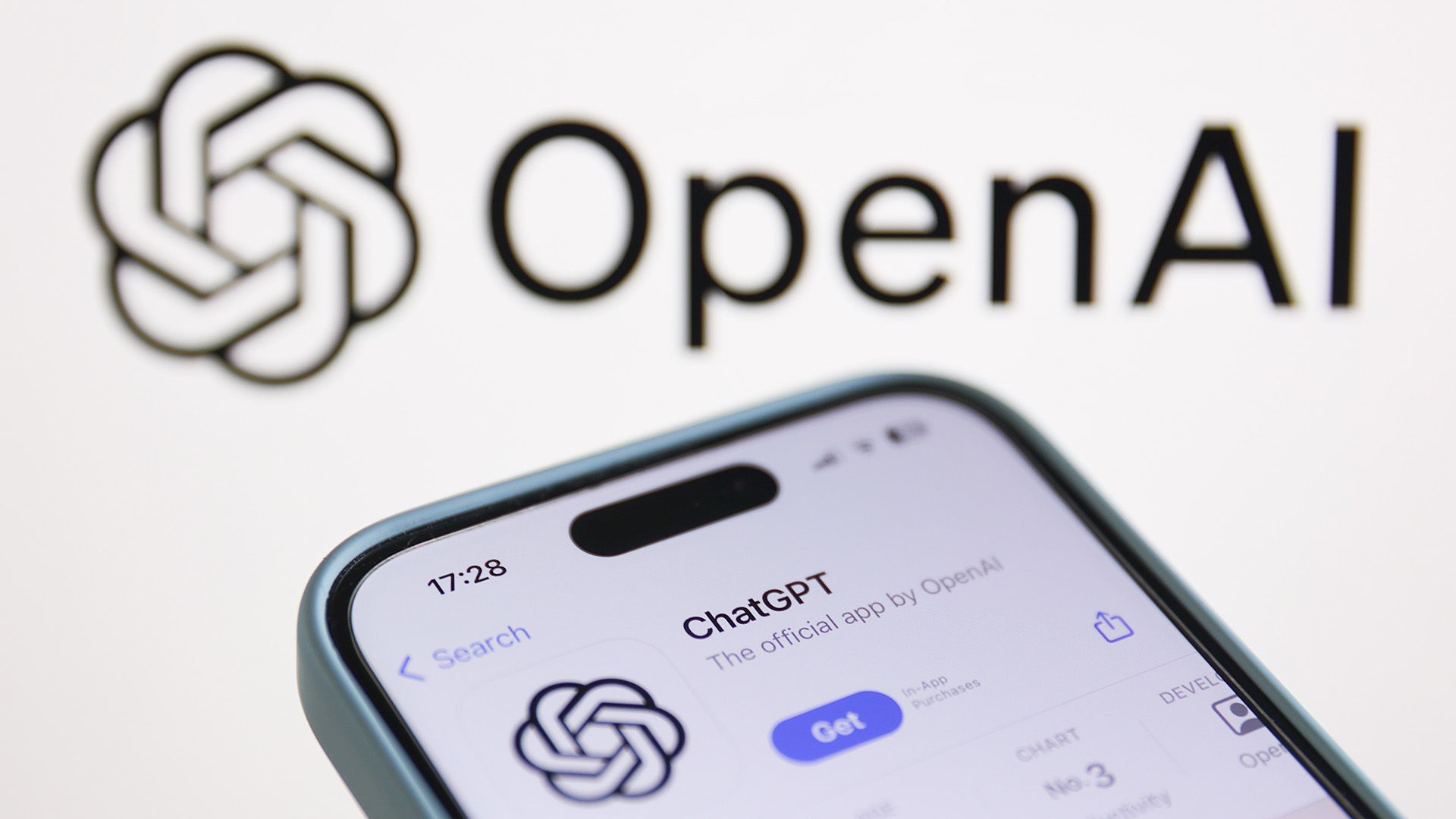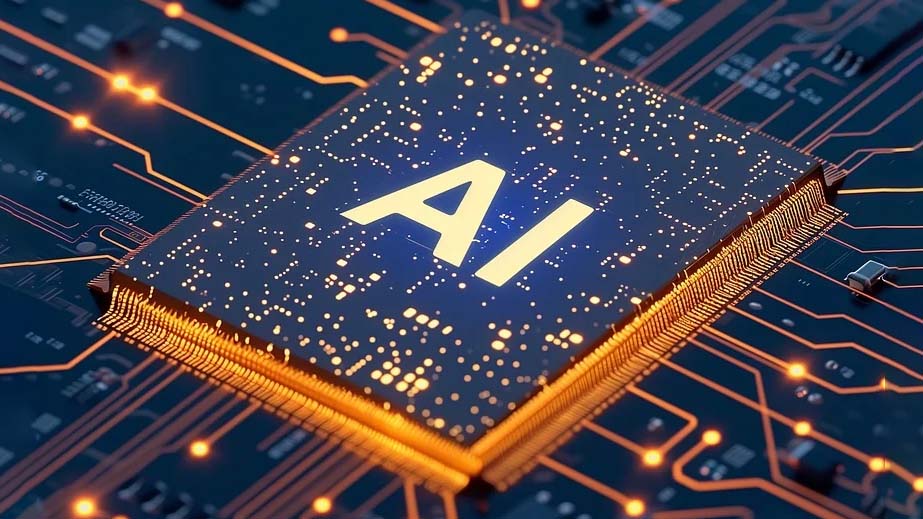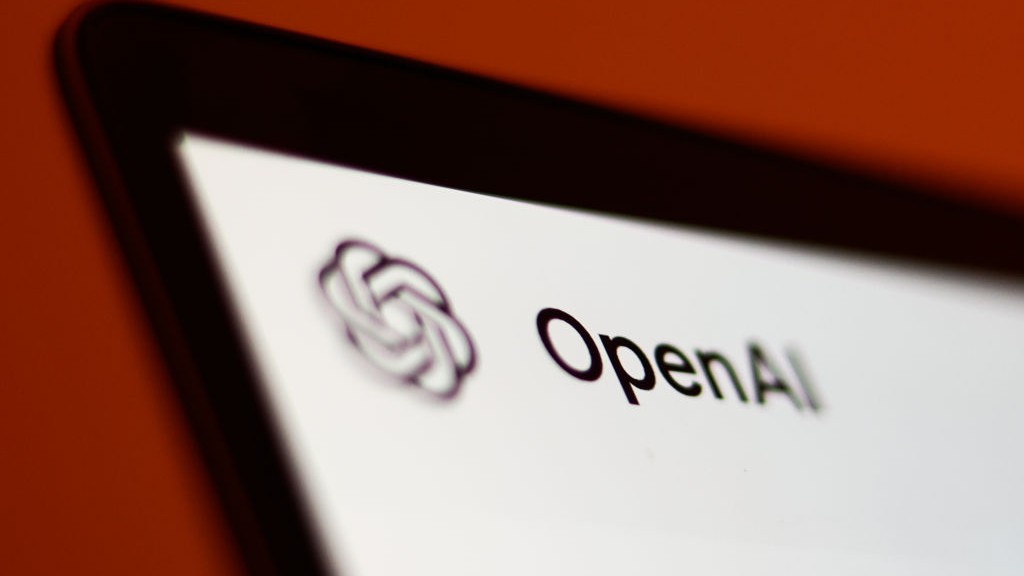
What you need to know
- OpenAI might be forced to reimburse its investors from its recent funding round if it can't transition into a for-profit entity within two years.
- Experts predict the move might encounter several roadblocks from regulators and the government as a blatant attempt to preserve the public's interest.
- Elon Musk already sued OpenAI and Sam Altman, citing "a stark betrayal of its founding mission" and involvement in racketeering activities.
The bankruptcy woes might be well behind OpenAI after it successfully raised $6.6 billion from Microsoft, NVIDIA, Thrive Capital, and more in its just-concluded round of funding, pushing its market cap well beyond $157 billion. Experts and market analysts predict the ChatGPT maker could rise beyond the lack of sufficient power and cooling water odds stacked against it and become the world's dominant AI company worth trillions of dollars.
And now, following the $6.6 billion it received in investor funding, OpenAI reportedly has a ticking timebomb strapped around its waist. The AI firm is under a strict two-year deadline to become for-profit or risk returning the money raised to the investors, which could result in legal battles.

• Best AI PCs
• Best Copilot+ PCs
• What is an AI PC?
• What is an AI-boosted NPU?
• Why is TOPS important for AI?
As you may know, OpenAI was founded in 2015 as a non-profit entity with the mission to leverage generative AI to benefit humanity without making profits. Over the past few months, Elon Musk has sued the company twice, citing a stark betrayal of OpenAI's founding mission, fake humanitarian mission, and involvement in racketeering activities.
While the matter is still in court, more trouble is seemingly brewing for the ChatGPT maker. According to Business Insider, OpenAI's latest funding round could be setting the company up for a massive failure if it's unable to become a for-profit entity for two years. Failure to meet this critical threshold would mean it would have to refund the money to the investors.
As it happens, OpenAI recently announced that it'll become a for-profit company entirely, veering off its founding mission. For context, OpenAI announced its for-profit arm in 2019 as an avenue to raise money for its advances. However, its business model was limited to charitable purposes designed to benefit humanity.
It's more than just the money...

Its decision to transition into a for-profit company could be hit by several roadblocks, including government intervention, as highlighted by Jill Horwitz, a law professor at the University of California, in a Business Insider interview. "Even if they're billions of dollars, as in OpenAI, they are perpetually dedicated to those purposes," Horwitz added.
OpenAI's strategic move to register as a nonprofit organization in Delaware won't grant it some grace, fostering a smooth transition into a for-profit entity. The company could be involved in legal battles, as the government can still argue that OpenAI's assets are under its nonprofit business model, which means they should be channeled to charitable purposes.
The government isn't OpenAI's only problem; the Internal Revenue Service could also challenge the transition. "The regulators have a duty to protect the public interest, and the public has an interest in charitable assets remaining devoted to charitable ends," Horwitz concluded.
OpenAI's transition could be countered internally, according to Alexander Reid's speculations (a partner at the BakerHostetler law firm). "If one director thinks the other directors are breaching the mission and making a decision that's not in the best interests of the nonprofit, they can sue," Reid added.
In the grand scheme of things, OpenAI will likely have a problem establishing the correlation between transitioning into a for-profit company and how it's supposed to benefit humanity. The ChatGPT maker will need its board of directors and regulators to support its transition into a for-profit entity.
🎃The best early Black Friday deals🦃
- 💾Seagate Xbox Expansion Card (1TB) | $129.99 at Best Buy (Save $70!)
- 📺Amazon Fire TV Stick | $24.99 at Amazon (Save $25!)
- 🎮ASUS ROG Ally (Z1 Extreme) | $499.99 at Best Buy (Save $150!)
- 💻Lenovo IdeaPad 1 (Ryzen 5) | $329.99 at Best Buy (Save $250!)
- 💽AMD Ryzen 7 5800X CPU (8-core) | $164 at Amazon (Save $285!)
- 📺LG C4 OLED 4K TV (42-inches) | $899.99 at Best Buy (Save $500!)
- 💻Samsung Galaxy Book4 Edge (X Elite) | $799.99 at Best Buy (Save $550!)
- 💻Dell XPS 13 (X Elite) | $999.99 at Best Buy (Save $500!)
- 🎧Sony ANC Wireless Headphones | $228 at Walmart (Save $122!)
- 💻HP Envy 2-in-1 14 (Ryzen 7) | $649.99 at Best Buy (Save $400!)
More Prime Day deals and anti-Prime Day deals
We at Windows Central are scouring the internet for the best Prime Day deals and anti-Prime Day deals, but there are plenty more discounts going on now. Here's where to find more savings:
- Xbox controller deals: Walmart | Target | Best Buy | Amazon | Newegg
- Xbox SSD storage deals: Walmart | Target | Best Buy | Amazon | Newegg
- Gaming headset deals: Walmart | Dell | Target | Best Buy | Amazon
- MicroSD storage deals: Walmart | Target | Best Buy | Amazon | Newegg
- Gaming handheld deals: Walmart | Target | Best Buy | Amazon | Newegg
- Laptop deals: Walmart | Target | Best Buy | Amazon | Newegg
- Copilot+ AI laptop deals: Walmart | Target | Best Buy | Amazon | Newegg
- Monitor deals: Walmart | Target | Best Buy | Amazon | Newegg
- Mini PC deals: Walmart | Target | Best Buy | Amazon | Newegg
- Gaming keyboard deals: Walmart | Best Buy | Amazon | Dell | Newegg
- Gaming mice deals: Walmart | Best Buy | Amazon | Dell | Newegg







